- Category
- Latest news
Russian Machine Gunner and 2008 Georgia War “Hero” Killed in Ukraine
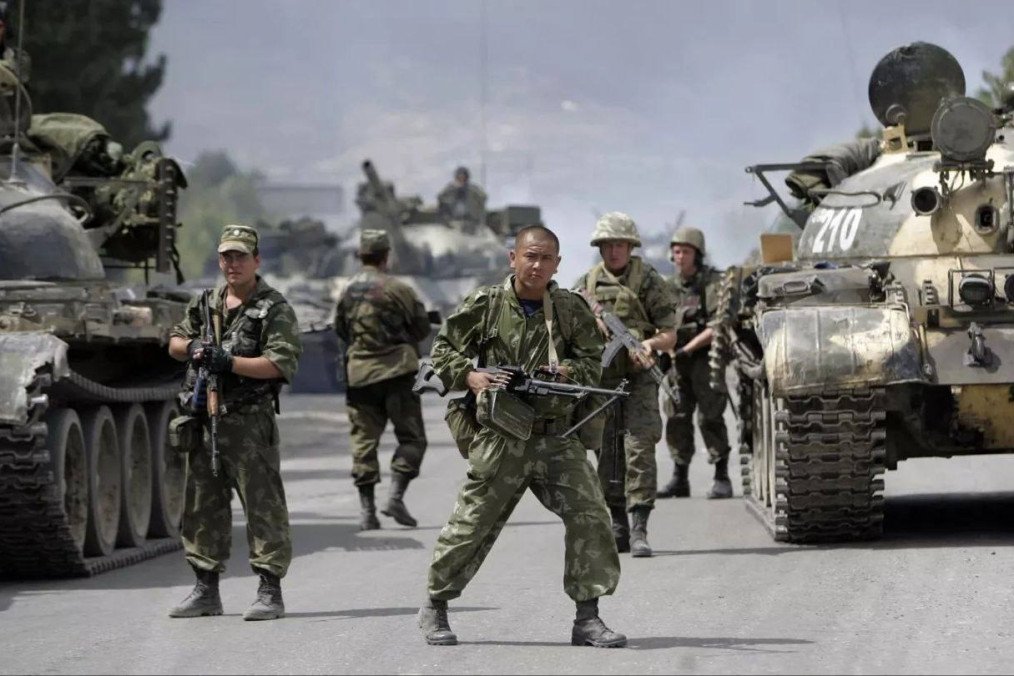
Ukrainian Defense Forces have eliminated Russian machine gunner Tasbolat Ibrashev near Vovchansk, Kharkiv region. His death was reported on February 9 by volunteer Serhii Sternenko. According to a Russian Telegram channel, Ibrashev was killed on February 3.
Ibrashev gained recognition during the 2008 Russo-Georgian war when a widely circulated photograph showed him standing with a machine gun near Georgian tanks in the city of Gori. Russian state media used the image to portray him as a “hero” who allegedly stopped Georgian forces. However, no official records confirm the circumstances of the event.
Born on January 16, 1984, in Akkistau, Atyrau region, Kazakhstan, Ibrashev moved with his family to Astrakhan, Russia, in 1986. He served in the Russian military under contract from 2008 to 2010 as part of the 58th Army.
After leaving service, he lived in Astrakhan without active military engagement. However, in September 2023, he re-enlisted in the Russian armed forces and was deployed to Ukraine.
His death was confirmed by Russian sources, though it received limited attention in Russian media. Reports indicate that only a small pro-Kremlin Telegram channel with approximately 5,000 subscribers mentioned it.
Russo-Georgian War
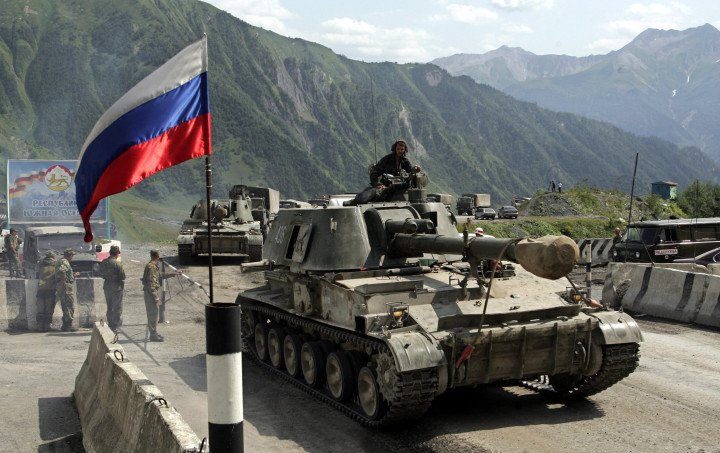
In August 2008, Russia launched a military invasion of Georgia, marking the first large-scale use of force by Moscow against a neighboring country in the post-Soviet era. The invasion began after weeks of escalating tensions in the breakaway regions of South Ossetia and Abkhazia, which Russia had been supporting politically and militarily.
Despite no formal declaration of war, Russian troops crossed into Georgian territory, citing the need to “protect” South Ossetians. The operation resulted in the rapid occupation of Georgian regions, widespread displacement of civilians, and significant destruction.
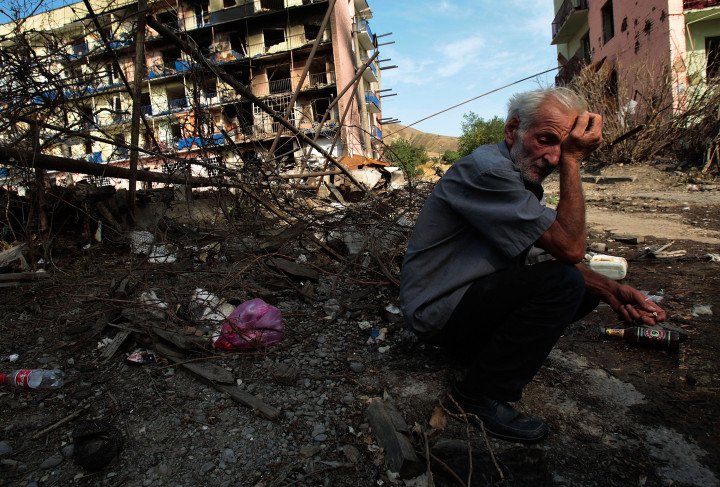
International observers and Western governments condemned Russia’s actions, stating that the invasion was a deliberate violation of Georgia’s sovereignty. A European Union fact-finding mission later concluded that Russia had been preparing for the war long before hostilities began and used the situation as a pretext for military intervention.
After five days of fighting, Moscow imposed a ceasefire but maintained military presence in the occupied territories, formally recognizing the independence of South Ossetia and Abkhazia, a move widely rejected by the international community.

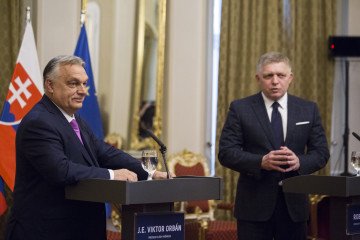
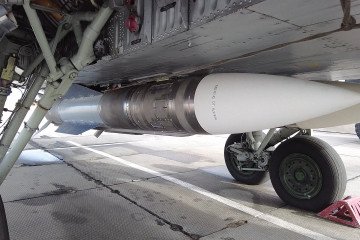


-72b63a4e0c8c475ad81fe3eed3f63729.jpeg)
-11b58f58a83d9b0f8fe40066449b041e.jpeg)
